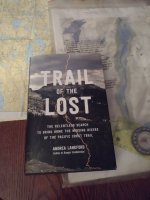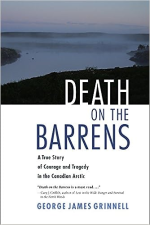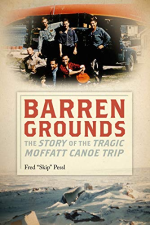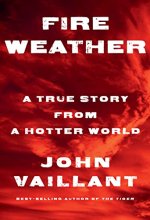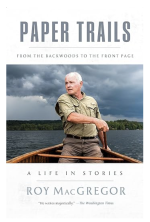I'd be curious what you're reading and what you're learning.I read research articles mostly and that's when I chanced upon this interesting concept of climax community - an ecological term used to denote an ecosystem or community of plants, animals and other living organisms that has achieved equilibrium, or become stable.
I'm an ecologist and I was 'raised' on the concept of climax communities. But in recent years a lot ecologists are moving away from that, in recognition that nature is continually dynamic, and what was thought of as an inevitable climax state for a given community is really just one point on a never-ending trajectory, a trajectory that can be shifted by different inputs and disturbances. For example, eastern hemlock forests were seen as a climax state in northern forests, but now they're falling to hemlock wooly adelgid. Oak-hickory forests were seen as a climax state for Central Hardwood forests, but now in many areas the composition is shifting to maple due to fire suppression (I could go into detail if folks are interested).
I'm several (ahem) years out of school now, and while still a 'practicing' ecologist, I'm always happy to hear other viewpoints and the latest research.

